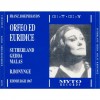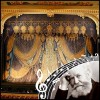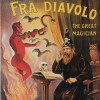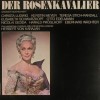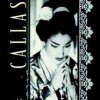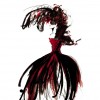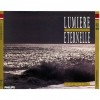| Voice/Instrument: |
Biography
Nicolai Harry Gustav Gedda (gedda [written as 'gädda'] means 'pike' in Swedish) was born in Stockholm to a Swedish mother and a half-Russian father. Gedda was raised by his aunt Olga Gedda and his adopted father Nicolaj Ustinoff (a distant relative of Peter Ustinov), who sang bass in a Cossack choir and was cantor in a Russian Orthodox church.Gedda grew up bilingual and learned English, German, Italian, and Latin besides Swedish and Russian.
Gedda began his professional career as a bank teller in a local bank in Stockholm. One day a wealthy client overheard him speaking about his desire to sing professionally, and offered to pay for his tuition to study with Carl Martin Öhman, a well known Wagnerian tenor from the 1920s who is also credited with discovering one of the world's famous tenor Jussi Björling.
Opera career
An early appraisal of Gedda's singing was offered by Walter Legge, after first hearing Gedda sing for the role of Dmitry in a planned recording of Boris Godunov.
"On my arrival at the airport I was asked by a swarm of journalists if I were not interested in hearing their excellent young Swedish voices. Naturally I was interested, but I did not expect either the front page stories that appeared next morning or the mass of letters and almost incessant telephone calls asking to be heard. I had to ask the Director of the Opera for a room for a couple of days to hear about 100 young aspirants. The first to sing to me (at 9.30 in the morning) was Gedda who had I believe sung only once in public. He sang the Carmen Flower Song so tenderly yet passionately that I was moved almost to tears. He delivered the difficult rising scale ending with a clear and brilliant B flat. Almost apologetically I asked him to try to sing it as written - pianissimo, rallentando and diminuendo. Without turning a hair he achieved the near-miracle, incredibly beautifully and without effort. I asked him to come back at 8 that evening and sent word to my wife that a great singer had fallen into my lap and to Dobrowen that, believe it or not, this 23-year-old Gedda was the heaven-sent Dmitry for our Boris."
He was understudy to Giuseppe Di Stefano at a performance of L'elisir d'amore at the Edinburgh Festival circa 1951.
In April 1952, at the age of 26, Gedda made his debut at the Royal Swedish Opera, performing the role of Chapelou in Adolphe Adam's Le postillon de Lonjumeau. One of the arias in this opera, "Mes amis, écoutez l'histoire", is considered one of the most difficult tenor arias in all of opera, as it calls for several high Ds from the soloist. In this same year Gedda also performed the role of Hoffmann in Offenbach's The Tales of Hoffmann and the tenor role in Der Rosenkavalier.
After an audition in Stockholm, Gedda gained the attention of conductor Herbert von Karajan, who took him to Italy. In 1953, he made his début at La Scala as Don Ottavio in Don Giovanni. In 1954, he made his Paris Opera debut in the tenor role in Weber's Oberon, and was given a permanent contract for several years. In 1957, Gedda made his Metropolitan Opera début in the title role of Gounod's Faust, and went on to sing 28 roles there over the next 26 years, including the world premieres of Barber's Vanessa and Menotti's The Last Savage. Gedda made his Royal Opera House Covent Garden début in 1954 as the Duke of Mantua in Verdi's Rigoletto and has since returned to sing Benvenuto Cellini, Alfredo, Gustavus III in Un Ballo in Maschera, Nemorino and Lensky.
Gedda's recordings span a wide variety of styles and several of the roles may be considered amongst the most challenging in the entire operatic repertoire, notably Arnoldo in Rossini's Guglielmo Tell and Arturo in I Puritani, both requiring stratospheric high-notes and an easy legato line.
A singer of unusual longevity, Gedda has been active well into his late 70s; in May 2001 he recorded the role of the Emperor Altoum in Puccini's Turandot and the role of the High Priest in Mozart's Idomeneo in June 2003.
Art song
In addition to his opera performances, Gedda cultivated an active parallel career as a recitalist, with a large repertoire of French, German, Scandinavian, and Russian art songs. Gedda's language skills, intellectualism and intense musicality, as well as his extensive recordings, have rendered him particularly indispensable in this genre.[4] Gedda has also taught and former students include Daryl Simpson of the Celtic Tenors
Ordens
In 1965 he became Swedish Court Singer, and in 1966 a member of the Swedish Academy of Music. In 1968 he was decorated with the Order "Litteris et artibus." In 1976 he got the golden Nobel medal and in 2007 he received Caruso prize.

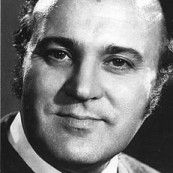
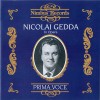
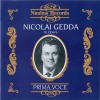
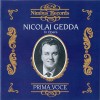
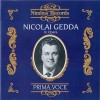
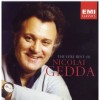

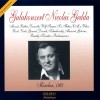
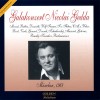
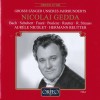
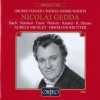
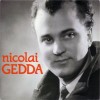
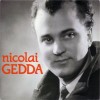
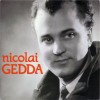
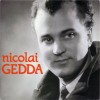
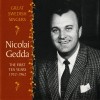
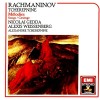



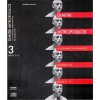
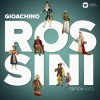
![Maria Callas - Rossini - Il Turco in Italia (1954) [Remastered 2014]](http://static.classicalm.com/repository/composition-cover/small/42641-img1625238276240052.jpg)
![Maria Callas - Puccini - Madama Butterfly (1955) [Remastered 2014]](http://static.classicalm.com/repository/composition-cover/small/42639-img1625170531823381.jpg)
![Maria Callas - Bizet Carmen (1964) [Remastered 2014]](http://static.classicalm.com/repository/composition-cover/small/42637-img1625168771477154.jpg)
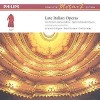
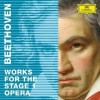
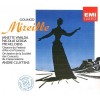
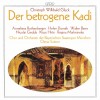
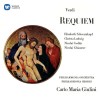
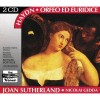
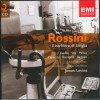
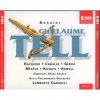
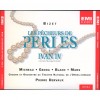
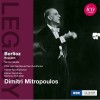
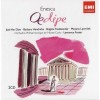
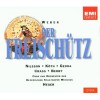
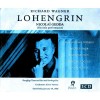
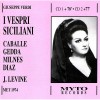
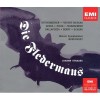
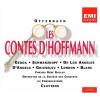
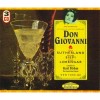
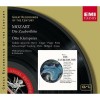
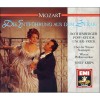
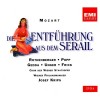
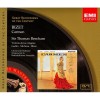
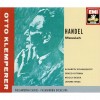
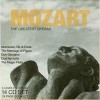
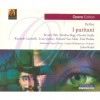

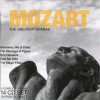
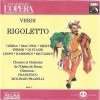
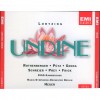
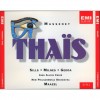
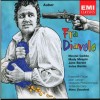
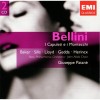
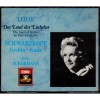
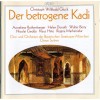
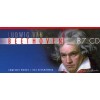
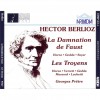
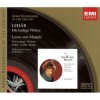
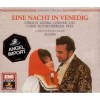
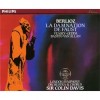
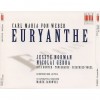
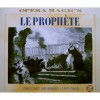
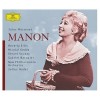
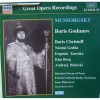

![Rossini - Guillaume Tell [Excerps], Lombard](http://static.classicalm.com/repository/composition-cover/small/25610-img1444225038459015.jpg)
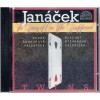
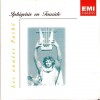
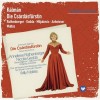
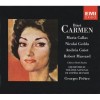
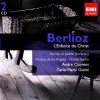
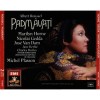
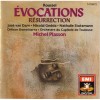
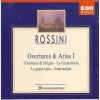
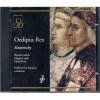
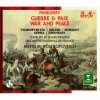
![Mozart - Don Giovanni [Ghiaurov, Ludwig, Gedda, Freni]](http://static.classicalm.com/repository/composition-cover/small/22780-img1422531935183957.jpg)

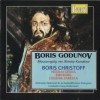
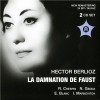
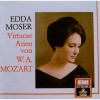
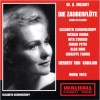
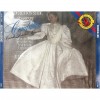
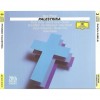
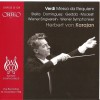
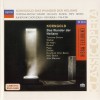
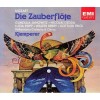
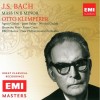
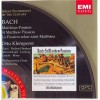
![Mozart - Complete Works [Brilliant] - Volume 9 - Operas - Idomeneo](http://static.classicalm.com/repository/composition-cover/small/18527-img1390403472820705.jpg)
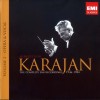
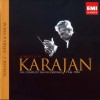
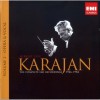
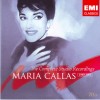
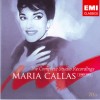
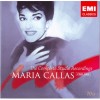
![Verdi - Messa da Requiem, Quattro pezzi sacri [Schwarzkopf, Gedda - Giulini]](http://static.classicalm.com/repository/composition-cover/small/16910-img1382458038592813.jpg)
![Eugen Onegin [Hampson, Te Kanawa, Gedda - Mackerras, 1992]](http://static.classicalm.com/repository/composition-cover/small/16687-img1381496956884122.jpg)
